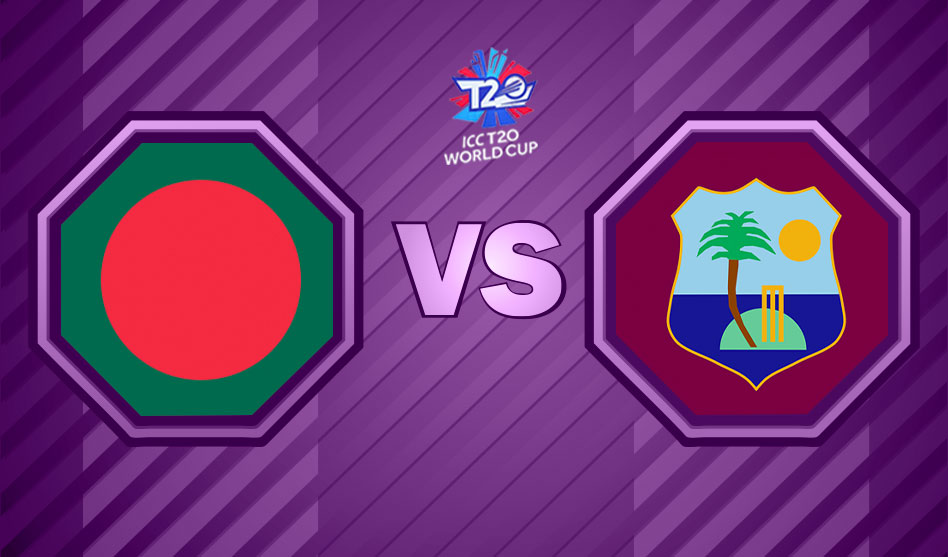After picking up his maiden Test five-for in 2019, Mitchell Marsh said:
“Most of Australia hates me. There’s no doubt that I’ve had a lot of opportunities and haven’t quite nailed it, but hopefully they can respect me for the fact I keep coming back… hopefully I’ll win them over one day.”
It was supposed to be a happy occasion for Marsh, but it was marred by a decade of underperformance. Marsh, after all, first got attention in 2019 at the Under-19 World Cup, and later that year as an 18-year-old for the Deccan Chargers.
Adam Gilchrist, captain of the defending champions, had nothing but good words to say for Marsh, who became known as the boy from Perth who could hit a long ball and take big wickets. Marsh was considered as the perfect package.
Little did everyone know, including Gilchrist, that Marsh would play all of 27 IPL games over the next 12 years and no more than 36 T20Is for Australia since his debut in October 2011. But he kept coming back, although not really as the finisher that everyone expected him to be, but as a No. 3 who would go on to win a T20 World Cup.
Marsh was at it again on Wednesday, nearly six months after that unbelievable innings in the final in Dubai. That night, there was no indication that it was going to be his night. He was on the sidelines of an IPL season because of COVID 19, and he was also nursing a hip flexor injury.
For injury-prone players like Marsh, each game is played like it can possibly be your last. One example is the opening game of IPL 2020, in which Marsh, who was one of Sunrisers Hyderabad’s big-ticket signings, was hobbling and had to leave the tournament due to a “moderate- to high-grade syndesmosis injury” in his right ankle. Needless to say, his season went up in smoke.
The stakes were still high despite the fact that it wasn’t a final. Delhi Capitals, his third IPL franchise, had outbid his former team Sunrisers and new entrants Gujarat Titans to get him, shelling out INR 6.5 crore (USD 866,000 approx) for him to do his magic. A chase of 161 in a sluggish pitch was no walk in the park for a team that had to win to get into the playoffs.
Marsh then walked into bat at the fall of the first wicket in the very first over. The Rajasthan Royals, perhaps the best bowling attack in the competition, kept coming at him, and the scoreboard didn’t move for the next two. Marsh and the rest of the team’s season was going to be judged by the passage of play over the next 90 minutes.
Marsh was initially at sea when Prasidh Krishna tried him with hard lengths. Everything went crazy, but Marsh didn’t seem bothered, not even after playing out a maiden over.
He had a massive slice of luck in the third over. The ball from Trent Boult swung in late and hit him on the boot right in front of the stumps. The umpire was unmoved despite an appeal from the Royals. Everyone assumed there had been an inside edge, but it turned out that there wasn’t. Marsh was on 1 off 9 deliveries. When the giant screen showed the replay, there was a fist bump and a grin with Warner.
Later, Marsh said, “If you looked at the powerplay tonight for both teams. The ball was swinging around, also nipping around, probably one of the toughest power plays I’ve batted in since I started playing T20 cricket. We just had to get through that unscathed. If we are two or three down, the game gets really hard. So we assessed that we have got to cut back on our runs and make sure we’re just one down at the end of the power play.”
“Lots of credit to them [Royals], they bowled exceptionally well in the powerplay to us and made it really tough, but chasing 160, you only need that one big partnership and that was our main focus. The last 18 months, I’ve loved batting with Davey [Warner]. Him opening and me batting at three, we’ve had a lot of great partnerships. Tonight was a memorable one for the Delhi Capitals.”
The plan needed a lot of work even though it sounded simple coming from Marsh. It started with a change in stance – Marsh usually bats on leg stump and then shuffles across just as the ball is delivered. But this stance leaves him vulnerable to Boult’s inswingers. So Marsh took guard just a little outside leg stump, which allowed him to keep his natural trigger movement and not worry about the lbw.
The next over saw R Ashwin come on and Marsh had seen enough. He opened his shoulders at the first sign of something full and crunched Ashwin for six over long-off. He went inside out, picking up the carrom ball off the hand. After the shot, Marsh fist bumped with Warner and stood back to admire the replay on the giant screen.
This was the start of a tremendous batting spell. Without imposing himself, Marsh appeared in control, playing to his strengths instead of trying to outfox the bowler or second guess what was coming. It was all about picking the lengths and the spin early, resulting in simple and clean hitting.
Batting with Warner also helped, undeniably.
Speaking about Warner, Marsh said, “In terms of the way he goes about it, he’s someone I’ve looked up to for a long time now. I’ve been very lucky, over the last 18 months, to have been able to bat with him a lot and form a great partnership and great friendship. The friendship side of things comes out in the middle of the game. His experience, calmness – you can all see how much he loves winning. It feels like he’s back to where it all began for him. He’s been super consistent this year, I love batting with him.”
By the time Marsh was dismissed in the 18th over, he had produced 89 off 63, taking the Capitals to the doorstep. It was a quiet but effective reminder that Marsh isn’t one to be counted out. And at just 30 years old, there are endless possibilities.


 English
English









